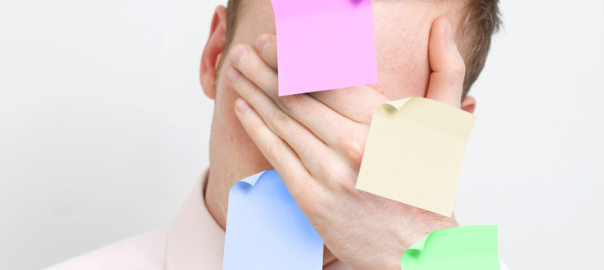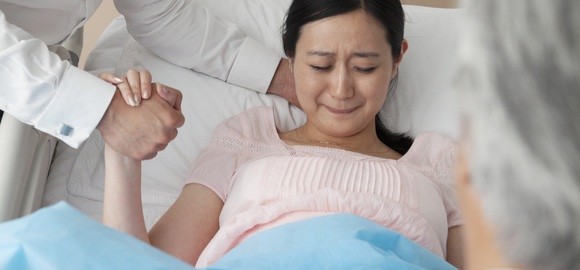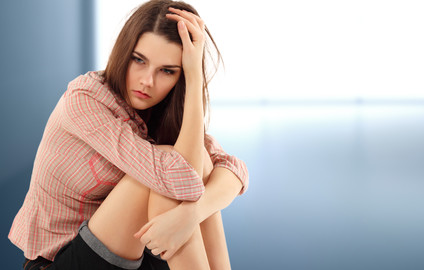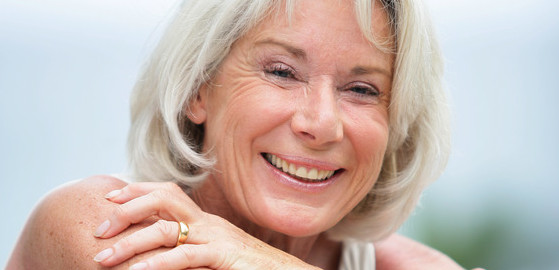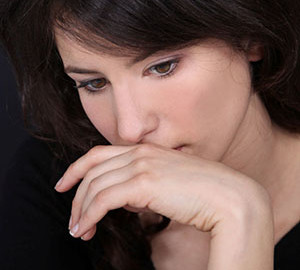When you’re searching for acupuncture NC clinics, keep in mind that not all practitioners are the same. Experience, education and even general methods and ways of practicing can affect how comfortable you feel during your sessions and how effective the treatment turns out to be.
Here are four things to keep in mind when searching for the right acupuncture professional:
#1: Ask about their experience treating a specific condition
Most, if not all, acupuncturists will know how to deal with general issues such as aches and pains, smoking cessation, and chronic fatigue syndrome. But if you need help with a particular problem – such as side effects of chemotherapy treatment or women’s reproductive health issues – you might want to look for a practitioner who understands that specific issue:
- Ideally, you want somebody who has worked with those conditions before and already knows the best treatment course for them.
- Your second best option is an acupuncture practitioner with a great deal of experience, who knows how to research treatment for specific issues and is willing and open to working with you.
#2: Find out about their educational background
It’s true that many acupuncture NC practitioners learn through hands-on experience, but that doesn’t mean that their education and licensure background are any less important. In fact, well-educated acupuncturists are also likely to know a lot about Chinese medicine, herbal medicine and other complimentary theories. Many pursue additional certifications or even degrees in those areas, making them well-rounded professionals.
The highest level of training currently available results in the title of Licensed Acupuncturist (LAc). In order to become an LAc, an acupuncture NC practitioner will need a minimum of 1800 hours (and up to 2400 hours, depending on the state) of coursework and clinical training.
#3: Beware of medical professionals offering acupuncture as an afterthought
There are no standardized educational requirements to become an acupuncturist. In fact, it’s possible to obtain a basic certification as one in as little as 100 hours. This is why many chiropractors or other professionals involved in the medical profession sometimes offer acupuncture as an additional service in their practices. The problem with this, however, is that you’ll be receiving treatment from somebody who doesn’t specialize in acupuncture – and as a result might not have the experience or knowledge needed to treat certain conditions.
To be safe, always inquire about the educational background of anybody offering acupuncture services.
#4: Inquiry about styles
Another thing to keep in mind when searching for an acupuncture NC clinic is to look at the type of acupuncture being offered. While traditional Chinese acupuncture might be the best-known form of acupuncture, some practitioners specialize in:
- Japanese style acupuncture
- Scalp acupuncture, or
- Ear acupuncture.
While each type focuses on very different treatment points, there is another important difference to keep in mind: some types of acupuncture are more effective than others for treating certain conditions.
For example, ear acupuncture has long been considered highly effective for functional disorders, weight loss, smoking cessation and the treatment of conditions related to the nervous system. Traditional Chinese acupuncture is usually the right choice if you’re searching for pain treatment or to control certain symptoms or side effects, such as nausea connected to chemotherapy treatments.





